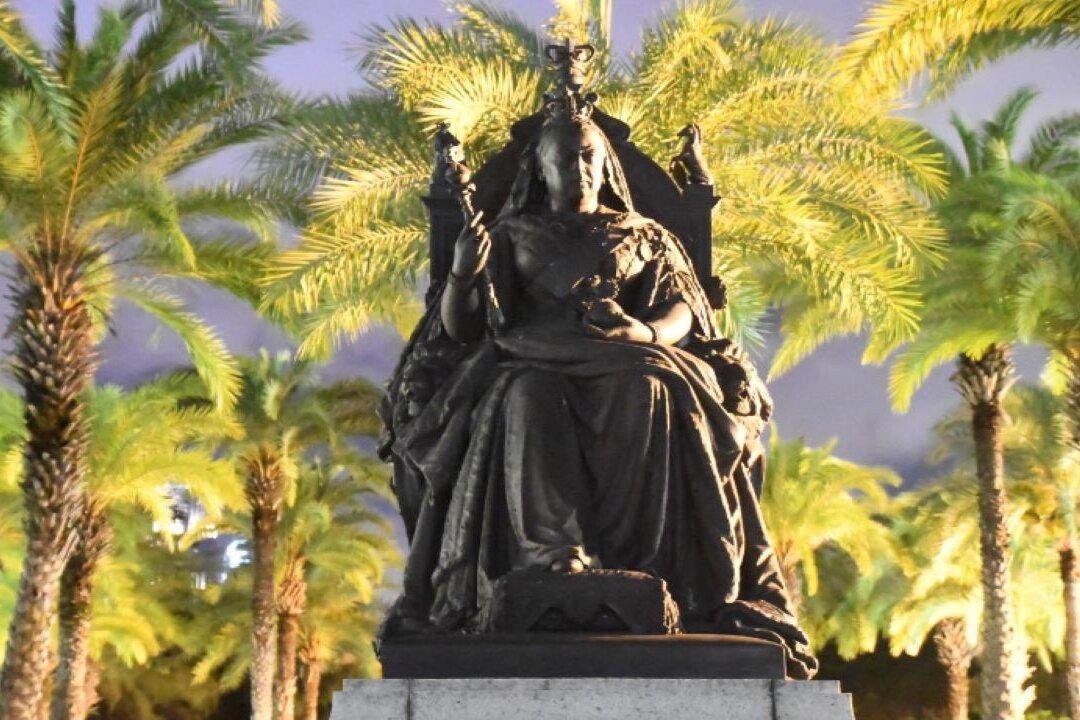Four of six Citizenship and Social Development textbooks submitted for review by the Hong Kong Education Bureau stated that “Hong Kong was not a former colony,” Hong Kong media Ming Pai Daily News recently revealed.
Author’s Selected Articles

Four of six Citizenship and Social Development textbooks submitted for review by the Hong Kong Education Bureau stated that “Hong Kong was not a former colony,” Hong Kong media Ming Pai Daily News recently revealed.